The summer of 2025 may be remembered less for graduation ceremonies and more for growing uncertainty. Across the world, college graduates are entering a job market where they are no longer competing just with peers, but with AI-powered tools that never sleep, never forget and never need a break. Terms like “prompt engineering required” are no longer exclusive to tech firms; they now appear in job listings from marketing to urban planning. So the question arises: Are universities preparing students for a world where AI is not just a tool, but a co-worker, or a competitor? This article is a call to rethink education, labor and fairness in the age of artificial intelligence.
Classroom vs. real-world gap
As philosopher Luciano Floridi writes in his book “The Ethics of Artificial Intelligence: Principles, Challenges and Opportunities,” AI is not so much a form of intelligence as it is a new kind of agency, one that operates without understanding, yet still acts with impact. This shift from intelligence to action is reshaping the demands of education. Today’s students are not simply expected to know; they are expected to navigate, orchestrate and collaborate within what Floridi calls the “infosphere,” a hybrid space where human and artificial agents continuously interact. The classroom, however, has been slow to catch up. Many universities still prioritize abstract knowledge while overlooking the digital habits, literacies and ethical fluency that define real-world readiness.
Floridi argues that we are living through a historic divorce between knowing and doing. Machines now perform complex tasks without consciousness or comprehension and yet with remarkable effectiveness. In this context, higher education risks irrelevance not because students lack knowledge, but because they lack agency in a world where action is increasingly automated. To bridge this gap, universities must evolve, not by turning every student into a coder, but by cultivating what Floridi calls “digital agency with ethical awareness.” Education must prepare students to co-exist, co-create and critically engage with artificial systems, not just to survive the AI revolution, but to shape it.
As Turkish psychologist and educator professor Selçuk Şirin, known for his research at New York University on education and equity, often emphasizes, “Not every child starts equally. The role of education is to equalize their chances to finish.” Today, this applies not only to children but to college graduates entering an AI-shaped job market. As automation expands, those without technical access, immigrant students, low-income graduates and graduates from less prestigious universities are increasingly pushed to the margins. Success is no longer based on what you learned, but on who you know, what tools you used, and how well you can compete with code. Yet many universities continue to offer a “one-size-fits-all” curriculum that fails to recognize these uneven starting points. Twenty-first-century education must not be equalizing, but empowering.
Hiring algorithm ignores degree
AI is no longer merely assisting in the workplace, either; it is increasingly replacing. According to a 2024 McKinsey Global Institute report, up to 30% of tasks currently performed by college graduates are expected to be at risk of automation by 2030. This trend is already visible in fields such as data visualization, traffic analysis, policy research and content creation, where algorithms, not interns, now draft the first version.
In professions such as urban planning, engineering and communications, AI is not just about computing; it’s about interpreting and prioritizing. This shift is pushing new graduates to the margins before they even enter the workforce. More importantly, the emerging “AI standard” demands more than technical knowledge; it requires the ability to collaborate with, troubleshoot through and reason around AI. Yet most university curricula still fail to bridge the gap between analytical thinking and technical tooling.
Graduates aren’t failing; they’re misaligned. In this world, a diploma is no longer just a certificate of knowledge; it is also a credential of AI fluency and adaptation.
New curriculum, new ethic
The challenge isn’t just technological, it’s epistemic: What do we know, how do we learn, and whom does this knowledge empower? If universities aim to prepare students for an AI-transformed world, they must teach more than coding. They must cultivate the ability to think, produce and critique alongside AI. AI is no longer just a tool; it is a co-worker, a competitor, a silent editor and sometimes, a gatekeeper.
In this landscape, curricula must not only be technical, they must be rooted in ethical awareness and civic responsibility. Working with AI isn’t merely about using tools; it’s about building an accountable bridge between human and machine logic. Who is being coded for? Whose voices are excluded from the algorithm? Whose lived experience is ignored? These questions should shape every syllabus.
While employers now expect graduates to be fluent in tools like ChatGPT or Midjourney, few university programs offer formal training in prompt design, AI ethics, or even basic model understanding. In most humanities and social science departments, AI is still treated as a peripheral concern, occasionally mentioned in guest panels, but rarely examined critically and rarely taught as a core subject. Higher education must move beyond employability and become a space for redefining what it means to be human in the age of machines. Because in the future, the most valuable skill won’t be just technical literacy, it will be the courage to ask meaningful questions.
If the purpose of college is merely to get a job, then AI will soon outperform it. But if a university teaches how to produce meaning, foster responsibility and cultivate humanity, then it remains irreplaceable. ChatGPT can deliver information, yes. But empathy, historical consciousness and moral imagination? These come only from critical education rooted in ethics and reflection.
Today’s graduates must answer not only to the market, but to the conscience of the world. To do that, universities must grow bolder. They must train not just job-ready students, but world-ready thinkers; those who know how to code and question the code. Those who use AI, but do not surrender to it.
Maybe the real question is no longer who gets a diploma, but who can still make meaning. And in an age shaped by algorithms, meaning itself has become a moral act. It’s time for universities to stop fearing AI, and start teaching students how to face it with dignity, curiosity and conscience.

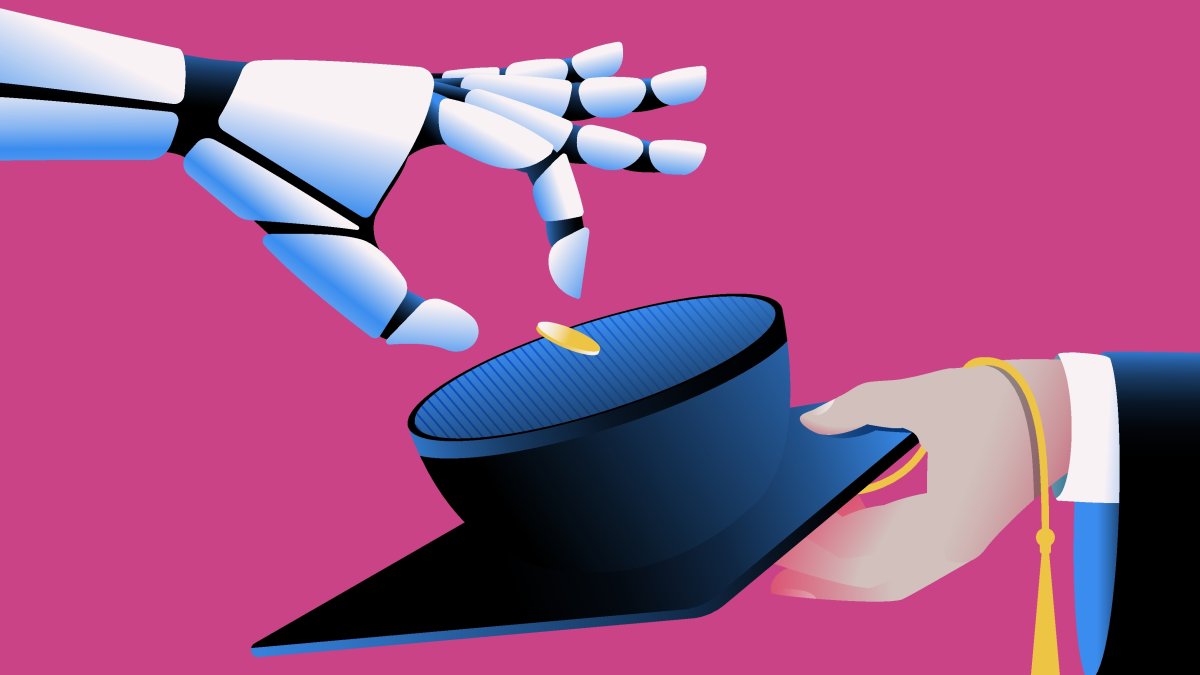


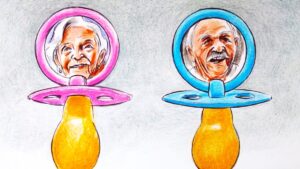








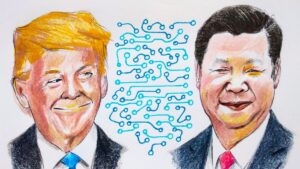


















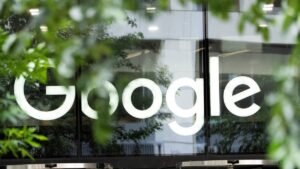




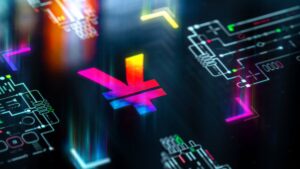














Be First to Comment